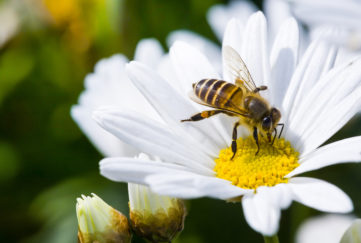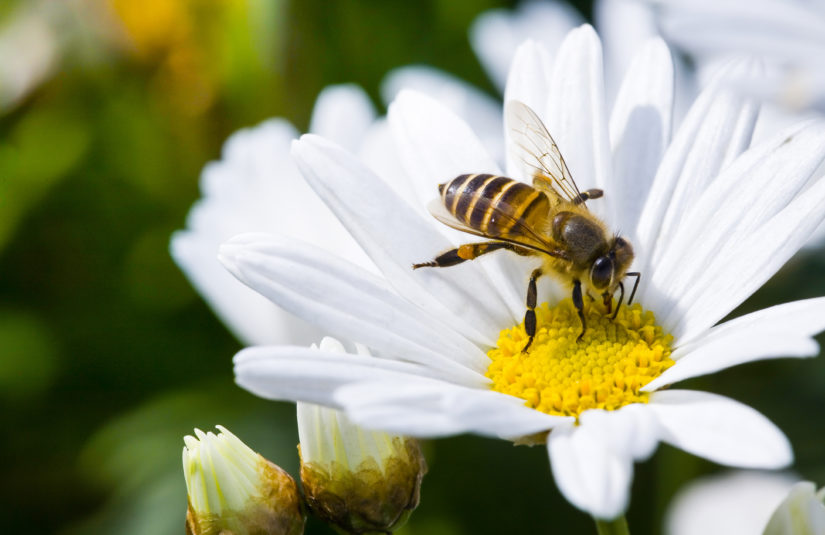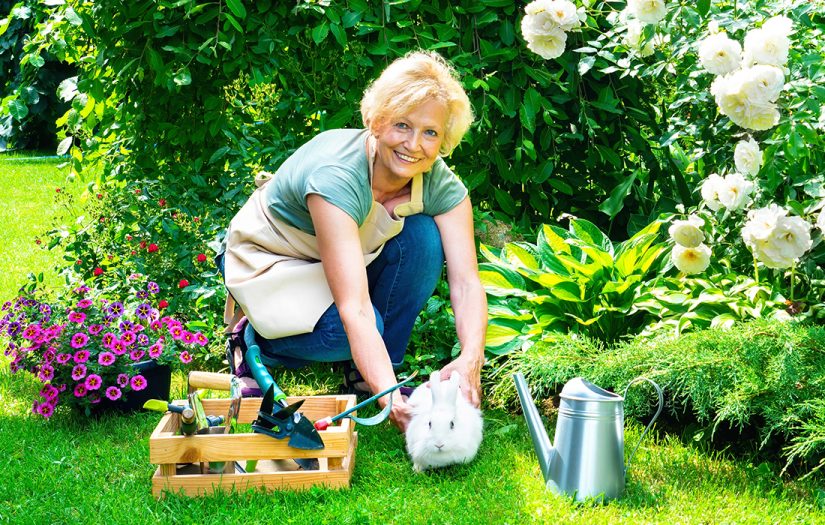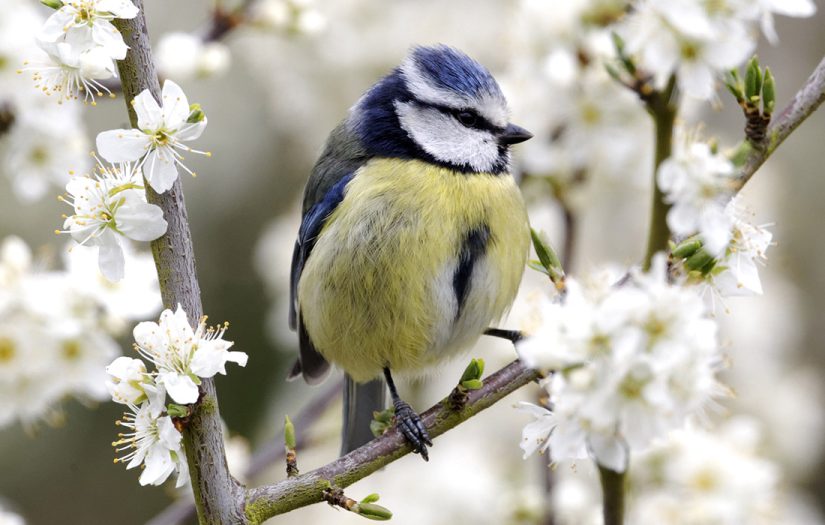Five Free Ways To Improve Your Garden
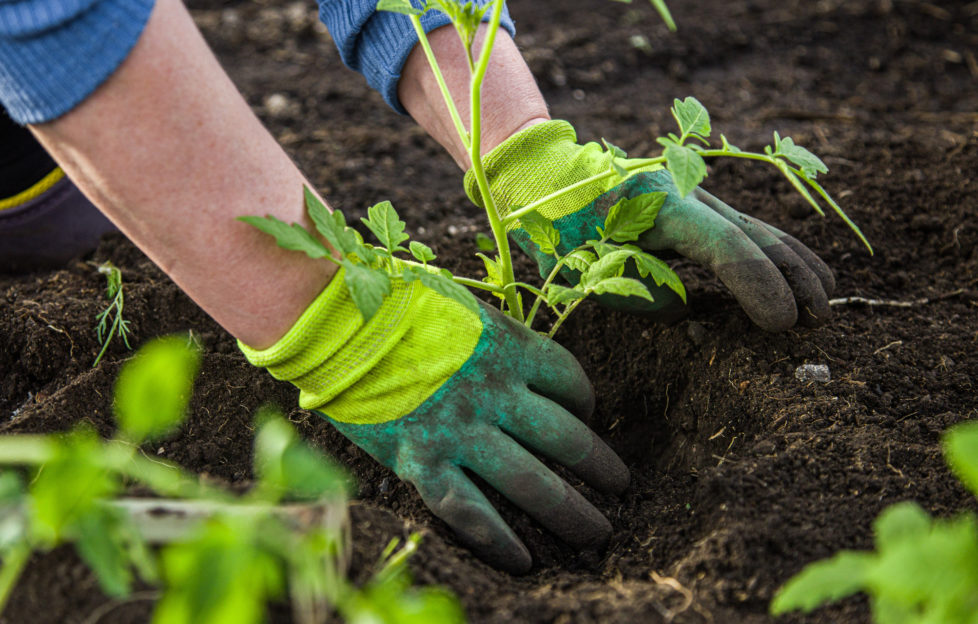
It’s also been a testing financial year for many, making it difficult to justify spending money on home and garden improvements.
But for those who still want to use this extra free time at home to work on their outdoor space without spending any money, the gardening experts at The Greenhouse People have given us their top tips…
Get crafty in the kitchen
You may not realise it, but many ingredients lying around in your kitchen can double up as plant starters.
Garlic, for example, can be separated from the bulb. Any leftover cloves you don’t use that may start to brown can be planted in your garden and used to start a new plant.
Leeks can come with their roots, so look out for ones in the shop that have these still intact.
Once home, soak the roots in water overnight then be sure to plant them deeply in a large pot or raised bed. Build up the dirt around the base, then put a stake near the plant to stabilise it and watch it grow.
A similar process can be taken with onions, celery and even beetroot. For winter growing, start the seedlings off indoors or inside a heated greenhouse before transferring outside.
Be clever with composting
This first step starts with just your kitchen leftovers. Nowadays, most councils require us to separate our food waste anyway, so compost should be easy enough to create.
Pick a corner of your garden and create a base of either dried grass or straw.
Then, using your leftovers, build a small hill and simply let nature take its course. All your heap requires is occasional watering and a stir around here and there.
Alternatively, if you need soil urgently, call your council to enquire about free compost. Many residents will use the council to dispose of their green waste, so you taking it off their hands could be a real help!
Save your seeds
Much like using your vegetables and their roots to start plants in your garden, you can also save their seeds to use.
For produce like peppers, tomatoes, and cucumbers, remove and store the seeds until their planting season begins. The same principle applies to some fruit like apples, pears, apricots and cherries.
For the savvy negotiators among us, another option is to look out for swaps and giveaways online. Join your local Facebook group or look on second-hand websites to see if people are giving excess seeds away.
Get crafty with cuttings
If you have green fingered friends or family, they may be your ticket to starting a great garden.
You can take cuttings from their flourishing gardens (if they give you permission and it doesn’t go against COVID-19 safety advice) to get yours going.
A wide range of plants can be made from cuttings, from raspberries and blackberries to hydrangeas and roses.
Natural “cuttings” are also an option.
You can take a cutting of wildflowers, though make sure the plants don’t belong to someone or are “patented”, and be sparing so you don’t disturb the natural area.
For those wanting to plant trees, keep your eyes peeled at the bottom of existing ones. Fallen acorns can be the perfect seed to get your planting journey started.
Find preloved items
As the saying goes, one man’s junk is another man’s treasure, so be savvy and go on the hunt for hidden gems which you can turn into something fabulous and functional for your garden.
Reclamation yards, recycling centres and local networks like Gumtree and Freecycle are great places to find unique items for your garden for free. All you need is a little creativity!
Good examples include disused wooden crates and pallets. They’re the perfect way to keep plants looking tidy while saving on the costs of planters.
Try hanging them vertically to create an eye-catching tiered structure for your small plants.
Or alternatively, place them horizontally on the floor and fill with soil to create your very own miniature vegetable patch.
For more gardening advice from “The People’s Friend”, click here.


